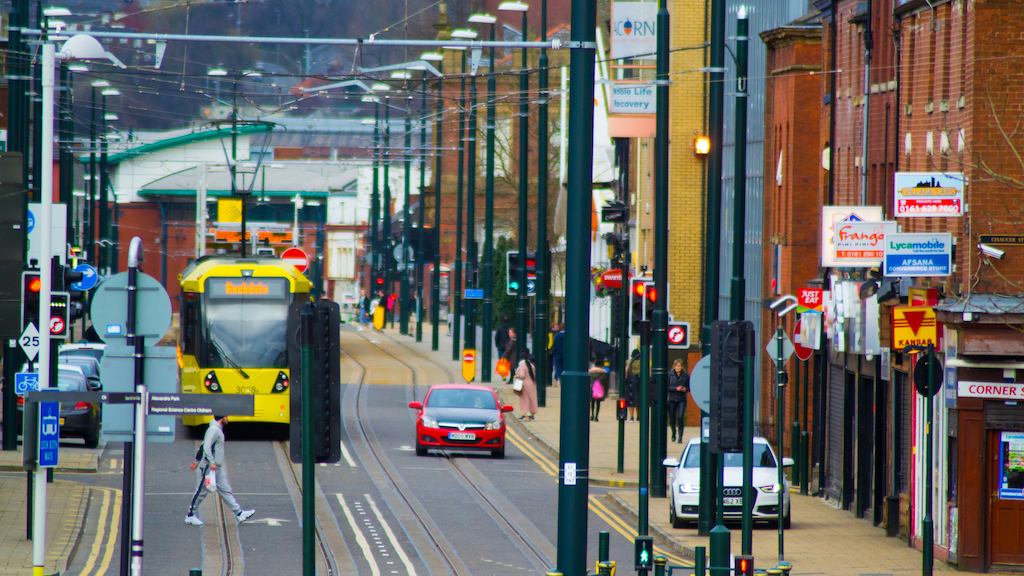Congratulations to Greater Manchester, which today becomes the UK’s first Age-friendly city region.
This will see it join the World Health Organisation's (WHO) Global Network and over 500 other cities and communities in 37 countries across the world which are each taking steps to become more age-friendly. It also marks a new milestone in the development of age-friendly communities in the UK.
But what does being an Age-friendly Community actually mean in practice? Well, different things in different places. But essentially it means that local government, older people, the voluntary and community sector organisations, businesses and others get together to work out how to make their local area a better place to live and age.
This could include anything from improving transport through to opportunities for different generations to socialise together. As it works, and as this movement grows in the UK, our cities, towns and villages will probably start to look and feel differently, particularly from the perspective of older residents. It won't be the same everywhere because at the heart of plans must be what older people in those areas want and need, and this will vary – what matters to someone in central Manchester won’t necessarily be the same as someone in rural Cheshire, for example.
And not all cities and regions are equal. In the UK where you live has a huge impact on how well you age. The city of Manchester has the lowest life expectancy in the UK compared to some parts of London. A difference of 5.5 years for men and 5.1 for women in 2013-15. Regional differences are also stark – a healthy life in the North East is likely to be three to four years shorter than in the South East. Which is why this announcement by Greater Manchester is so welcome.
The Age-friendly approach is incredibly useful in helping communities make the right changes, based on what we know and can prove works best, and their local knowledge and assets. It is also a great way to generate even more understanding about what kinds of changes can have the greatest impact. Last year we committed to support the UK Network of Age-friendly Communities – currently 19 of them – to help local areas meet this ambition.
The city of Manchester, and neighbouring areas including Salford and Stockport, have already taken steps to become Age-friendly and other Greater Manchester boroughs are close behind. This makes the collective Greater Manchester Combined Authority (GMCA) well placed to become a powerful leader within the Age-friendly movement in the UK.


